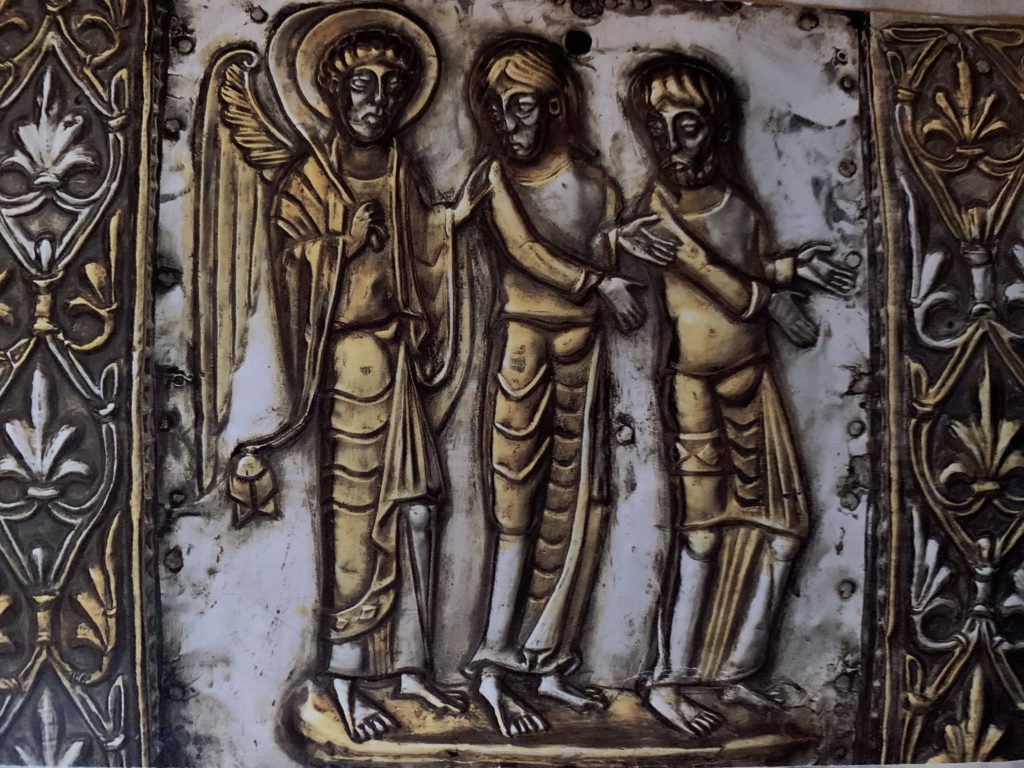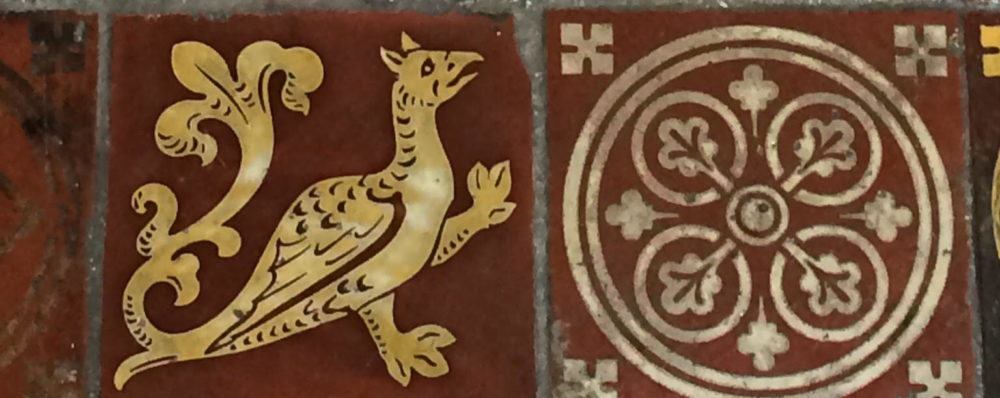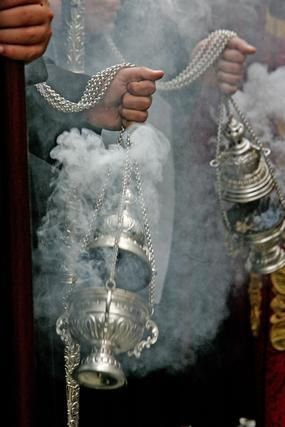
Lent. Both Eastern and Western Christians read the opening chapters of Genesis and commemorate the expulsion of our first parents from the Garden in the opening days of Lent. The eating of the forbidden fruit and the expulsion from the Garden is the great disruption, the disintegration of harmony between God and humanity, humans and the world, as well as between humans and other humans. We turn on each other, bickering and arguing and blaming each other and external circumstances as we try to escape the consequences of our actions and turn our backs on taking responsibility for our choices.
Lent is all about the restoration of that harmony between people, between people and the world, between people and God. We stop killing to maintain our own existence by eating the fruits and vegetables that Adam and Eve were allowed to eat in Eden; we stop eating meat or other animal products to restore the harmony we enjoyed with them in Eden. In several liturgical hymns, Adam is said to have sat weeping outside the gates of Paradise to the trees inside the Garden, “Pray for me by the music of the rustling of your leaves!” This cry underscores the interdependence of humans and the rest of creation and that creation is a living, dynamic entity itself that suffers because of the sin of humanity.
Lent is also about the restoration of harmony between people. We forgive each other. We exchange the Kiss of Peace. We put all our differences and disagreements in perspective by remembering our common mortality. We embrace one another and call even those who hate us our brothers and sisters, forgiving everything in our anticipation of the resurrection (as another liturgical hymn proclaims).
By re-establishing harmony between people, this mutual forgiveness re-establishes harmony between God and humanity as well. We cannot hope to be forgiven if we do not forgive. By owning up to what we have done and who we are and by refusing to be angry and jealous with others–which leads to the death of relationships as well as the physical death of others, including the animals and physical world around us–we begin to experience now the joy we are promised will be ours in the Resurrection.


